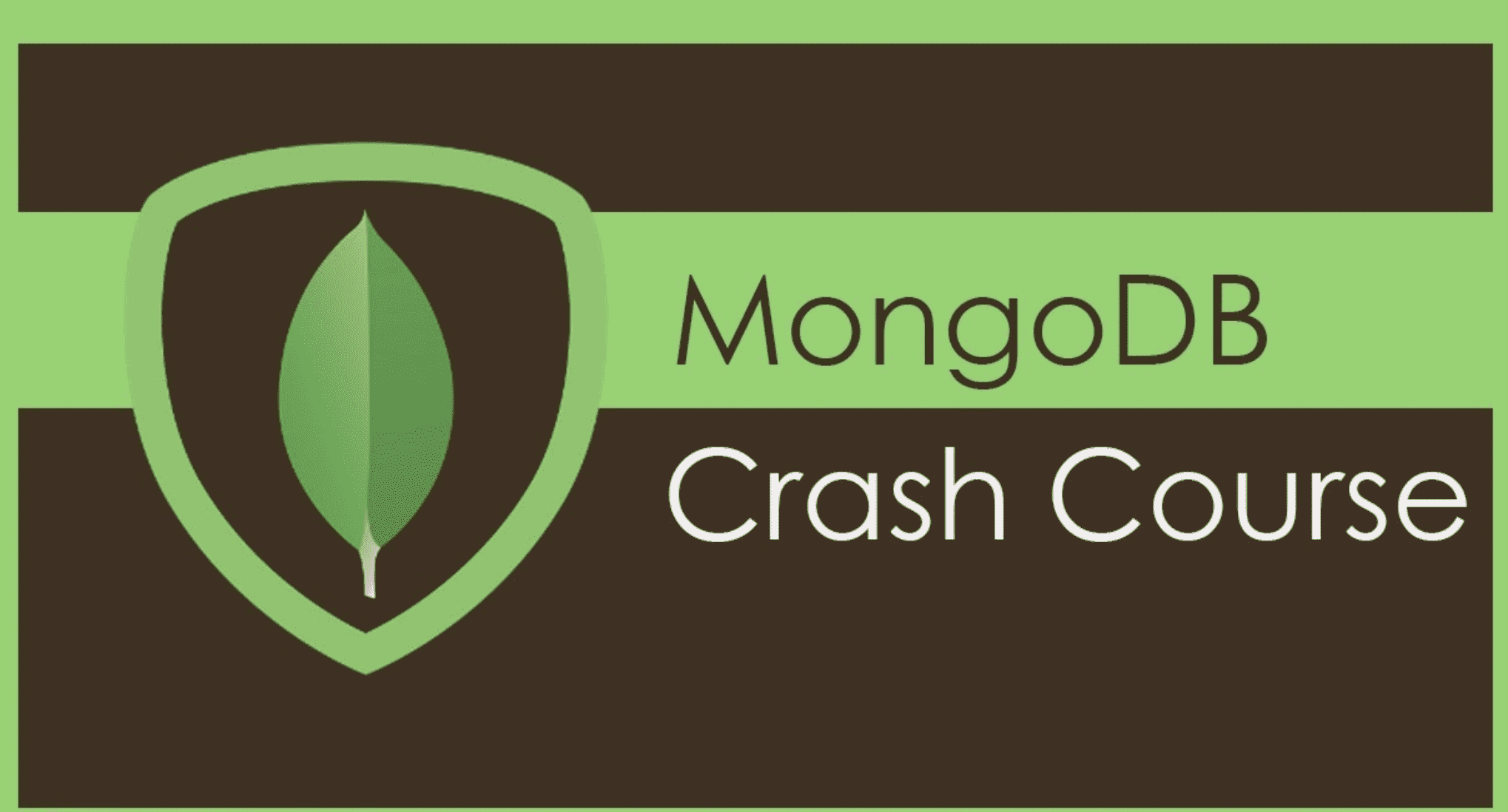MongoDB is a document-oriented, multi-purpose database that fits the bill for today’s web-based, mobile-first software landscape. Scaling up the number of nodes in a system with a scale-out architecture is one way to accommodate growing demands.
Since its initial release in February 2009 under the SSPL(Server Side Public License), the MongoDB database has been developed and managed by MongoDB.Inc. In addition, it offers official driver support for a wide range of languages, including C, C#, C++, Go, .Net, Node.js, Java, PHP, Perl, Motor, Python, Scala, Ruby, Swift, and Mongoid.
This way, these languages can be used to build a helpful program. Facebook, Nokia, eBay, Adobe, Google, etc., are just some organizations that currently utilize MongoDB to store massive amounts of data.
This course will help you get started with MongoDB and learn how to maximize its potential for analytical purposes.
You will begin by learning the foundations of MongoDB, such as the Document data model, importing data into a cluster, and using our CRUD API and Aggregation Framework from Mongodb Course In Chennai. These concepts will be presented via a sample application that will offer an excellent introduction to the ease and utility of developing MongoDB. Besides these foundational concepts, you’ll gain familiarity with and practice using various helpful MongoDB tools and services.
The MongoDB Atlas database as a service, the MongoDB Compass schema visualization tool and a plethora of other command-line utilities will all be at your disposal.
Is it worth it to take the MongoDB Certification Course?
- In the market for non-relational databases, MongoDB has a larger share (45.62%) than its next three closest competitors.
- Many large organizations (including Cisco, eBay, Verizon, Google, and others) have used MongoDB as a NoSQL Databases tool.
- According to ZipRecruiter, a MongoDB Developer in the United States can expect an average salary of $130,856 yearly, with a cash bonus of $5,000.
The benefits of taking a course in MongoDB are numerous
Gaining knowledge about MongoDB, a popular document-oriented NoSQL database built for speed, scalability, and Developer agility, is a significant first step in becoming a data specialist. MongoDB Course In Bangalore will teach you how to use real-world case studies to learn MongoDB Architecture, CRUD, Schema Design, Data Modelling, and Indexing. The course also covers leveraging MongoDB cloud products for deployment setup, management, and monitoring.
Some Benefits of Using MongoDB
- It is a schema-free NoSQL database. MongoDB eliminates the need to craft a database’s structure manually.
- There’s no join functionality; therefore, you can’t use that.
- It allows for extensive customization of document fields.
- There is a wide variety of data types present.
- In addition to its excellent performance and availability, it is also very scalable.
- Adequate geospatial support is a crucial feature.
- In this document-oriented database, information is kept in BSON files.
- Furthermore, it allows for the ACID transition of several documents simultaneously (string from MongoDB 4.0).
- There is no necessity for SQL injection.
- It’s simple to incorporate into Big Data frameworks.
For whom is this MongoDB Certification Training Course intended?
- Developers specializing in Web
- Cloud, Mobile, and Social Technologies Applications
- Engineers, Database Administrators,
- Data Analysts and Visualisers






